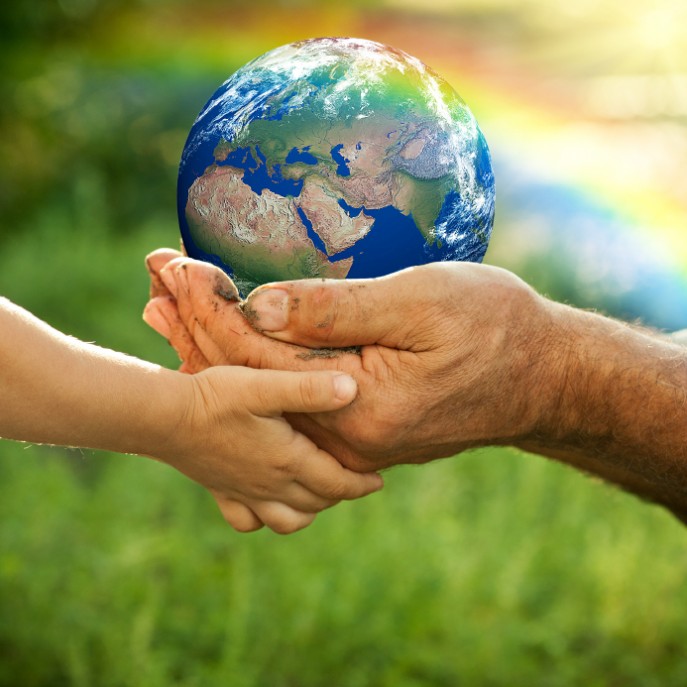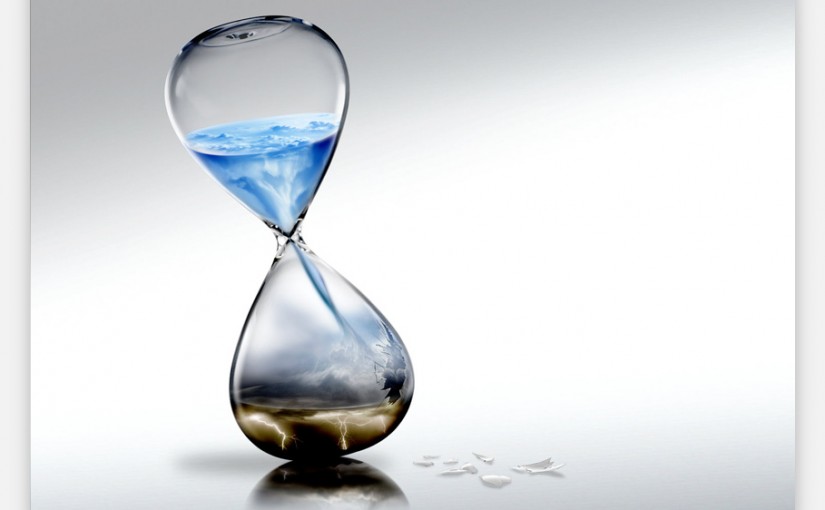In this week’s address, President Obama remarked that the world “needs a climate-change deal to protect the planet for our children.” He reminded us that we are responsible for protecting our country, “home to some of the most beautiful God-given landscapes in the world… with natural treasures – from the Grand Tetons to the Grand Canyon; from lush forests and vast deserts to lakes and rivers teeming with wildlife.” Although Obama has made strides in promoting clean energy and lowering carbon emissions, it is not enough if it is America acting alone. This November, countries will come from around the world to the Paris Climate Conference. The goal of the conference is to achieve a legally binding and universal agreement on climate. “This planet,” Obama concluded in Pope Francis’ words, “is a gift from God.” We must unite to protect this wondrous, sacred, and delicate world in honor of the past residents’ and for the future generations.
The biggest problem we have is changing our habits to become more sustainable. We can’t keep free-riding on the actions of others. We think that our one little change won’t make a difference, but collectively, it will. Last fall, I worked with the head of the energy department, Steve Durfee, to work on a project to reduce Bucknell’s emission of greenhouse gases. Since Steve began working at Bucknell in 2012, through energy auditing, operations, and research into buildings’ electrical and mechanical equipment, he has reduced the campus’s cumulative energy consumption by almost 73,000 kilowatt hours a year – to put into simpler terms that is equivalent to 72 homes’ energy consumption. Last year, he changed all the lighting to LED bulbs in the KLARC center. This alone saved almost 500,000 kilowatt hours a year, or equivalent to 33 homes. The other day, I met up with him to hear what he has to say about the high consumption of Bucknell’s energy use.
Steve told me about some of the biggest problems he sees on campus. People continually throw contaminated items into recycling bins, “It only takes one plate of spaghetti to ruin everything.” Other problems are plug overload, AC and heat, light and power density. If we could get all the students to be aware of these problems, our university could reduce total energy consumption by 10-15%! What Steve really wants is a mentality and culture where students care because he knows, with exact numbers, the amount of change we are capable of making.
When I asked Steve if he is concerned about future, he answered, “Hell yah! Climate change is a real issue in this country. With our limited amount of resources, we need to make efficiency a priority.” He doesn’t think climate change will affect his life but he believes it will affect his kids and his kids’ kids. Obama hopes that at the climate conference this November, “the world will build on these individual commitme nts with an ambitious, long-term agreement to protect this Earth for our kids.”
nts with an ambitious, long-term agreement to protect this Earth for our kids.”
Unfortunately, we as human beings are horrible at assessing and responding to risk when something isn’t an immediate threat. We must overcome these psychological barriers and acknowledge no challenge poses a greater threat to us than climate change. So I ask you to join me in the challenge to make a difference. Channeling Obama’s fundamental motif throughout his campaign, let us make “change we can believe in.”
Ways to be sustainable on campus:
- Power Down. This includes shutting off lights, computers, and other electronics when you aren’t using them.
- Recyle! Use the recycling bins and trash cans properly rather than interchangeably.
- Adopt Reusable Bag Practices
- Ride your bike (Don’t have one? Rent a Bison Bike here). On this small campus, I swear it is faster than driving and parking.
- Save Energy. Turn your heat down a few degrees or AC up a few, your body will hardly notice but the environment will.
- Think About Your Water Usage.
- Veto disposable items. Nix plastic forks, knives, spoons, cups, water bottles, and everything else that gets tossed in the trash after one use. If you need to get them, buy paper because it is biodegradable. Plastic trash can sit in landfills for hundreds of years before breaking down.
- Eat from farmer’s markets. Food grown locally requires less fossil fuels to transport, generating fewer greenhouse gas emissions than conventionally produced food. Also, organic food requires less pesticides and fertilizers used, which is good not only for the environment but for you too!
- Support companies that support global warming. Take a look at these companies:
Beauty and cosmetics, food companies such as Unilever, Nestle, and Kelloggs, and apparel. Take a look at Pharrell Williams’ Raw Collection, a streetwear collection made from ocean garbage. Look at 7 other eco friendly fashion brands here.
- Read about the more ways to be sustainable here!
☮ ✌
Carly
